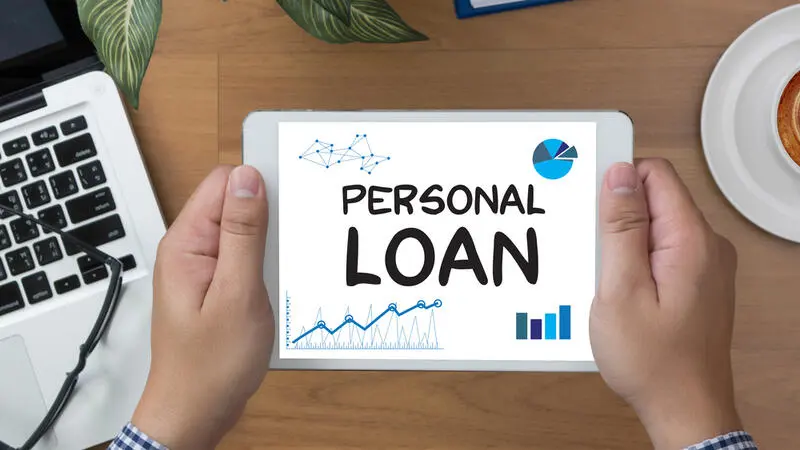Loans are typically unsecured loans, meaning you don’t have to use property or collateral as security for the loan. Personal loans can be used for various purposes, such as paying the debt in full or consolidating multiple loans into one. You can also use your loan to make big purchases like buying a car or improving your home because unsecured loans come with higher interest rates than other credit products like mortgages and auto loans.
How much can you borrow?
The amount you can borrow depends on your income and credit score. The higher the former, the more of the latter you’ll need to have before lenders are willing to give money. Your credit score is determined by various factors, including how much debt you currently have, whether or not you make payments on time and if there are any outstanding judgments against you (for example, from court orders).
If there’s anything in your history that could hurt your chances of being approved for a loan—even small things like an unpaid parking ticket or overdrawn account—it’s best to pay them off first, so they’re not standing in the way; of getting money when needed most!
How fast do you need your money?
The speed with which you need your money is the most crucial factor when choosing your loan. How quickly will a lender process an application? How fast can it be funded? Will the terms of a loan be extended or renewed if one doesn’t repay it on time?
What can you use a personal loan for?
In general, longer-term loans tend to have lower interest rates than shorter-term ones, but there are other factors to consider when deciding between short-term and long-term loans. If you’re not sure how fast (or slow) you want your money spent, start by looking at these things:
- Debt consolidation. A personal loan can consolidate your debts and help you pay them off faster by giving you a lower interest rate than the credit cards or other loans you currently have.
- Medical debt. Medical bills are notoriously difficult to pay, but with a loan, it’s easier to get the money together in one place instead of having multiple creditors calling daily.
- Large purchases. If there’s something you want more than anything else in the world but can’t justify paying for because it’s not an emergency (like buying a new car), consider getting a loan for the amount needed so that you don’t have to put it on credit cards!
- Home improvements. It costs money to fix up your home and make it better—especially if expensive repairs like plumbing problems or old windows need replacing! Having enough cash available is key when it comes time for these kinds of projects; otherwise, they may go unfinished until funds become available later down the road, potentially leading to worse problems such as mould growth due to lack of ventilation etc.
How long do you have to repay the loan?
Loans are typically paid back over 6 to 12 months. However, some loans have longer repayment periods, and some have shorter repayment periods.
You may also find that some loans don’t have a set repayment period, so you can pay them back in full whenever you want without worrying about paying extra fees.
Conclusion
Loans can be a great way to get the money you need fast, but they’re not right for everyone. Before taking out personal loans, ensure you understand how it works and how much money you qualify for. If you think getting a loan might help your current situation, talk with an expert at one of your member banks today!

